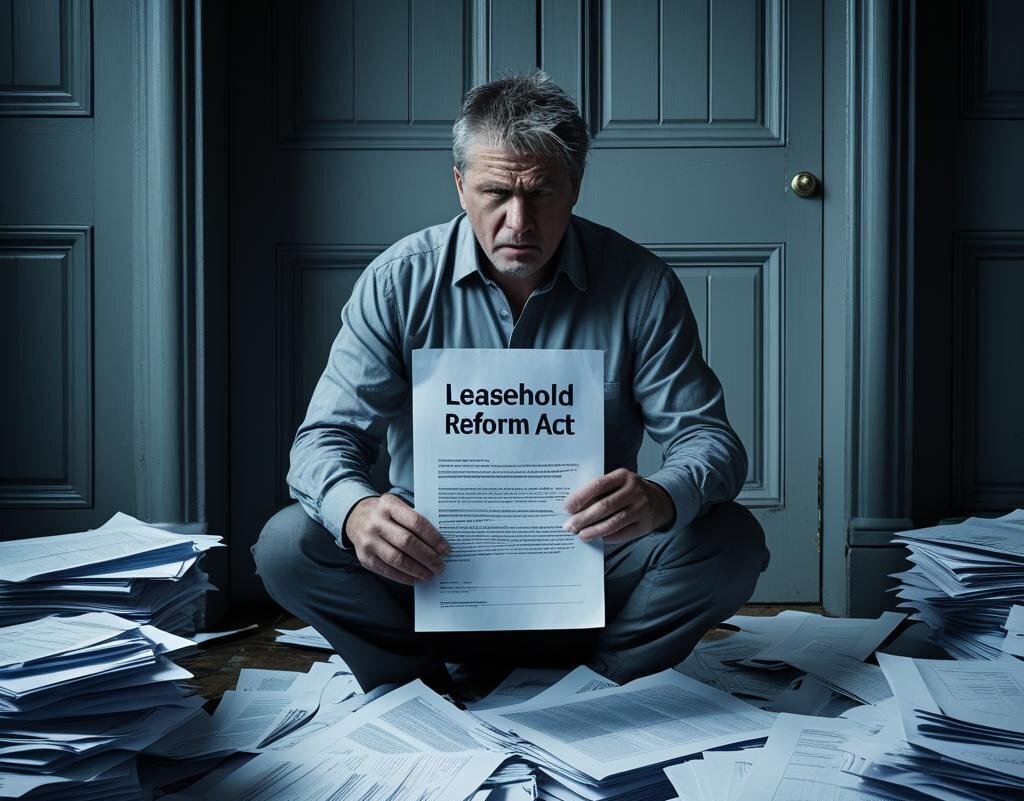One year after the Leasehold and Freehold Reform Act (LAFRA) received Royal Assent leasehold practitioners are warning that the legislation has yet to deliver meaningful change and may even be stalling the market altogether.
According to new findings from the Association of Leasehold Enfranchisement Practitioners (ALEP) the Act’s most significant measures – such as the abolition of marriage value and the proposed cap on ground rents – remain unimplemented.
Despite being billed as a landmark reform, the Act has left professionals, leaseholders and freeholders alike in a state of uncertainty.
Key provisions are still on hold due to complex legislative requirements and potential legal challenges under the Human Rights Act from affected freeholders.
NOTHING HAS CHANGED
As a result, 67% of ALEP members say the lease extension process has not become easier in the past year, while 33% say they’ve seen no change at all.
The Act, rushed through Parliament during the final days of the last government, is now widely seen within the sector as incomplete and flawed.
A previous ALEP survey in 2024 found 94% of members believed the Bill had been rushed; that sentiment has only deepened.
Many practitioners now say the legislation will require not just secondary regulation but fresh primary legislation to fix its most serious valuation issues.
This uncertainty has had real-world consequences. More than 80% of ALEP members say the Act has produced unintended side effects – most notably, falling transaction volumes, stalled lease extensions and a sharp slowdown in client decision-making.
HOLDING OUT FOR CLARITY
Advisers report that leaseholders are delaying action in the hope of better terms under the new regime, while freeholders are holding out for clarity. In the meantime, transaction costs and anxiety are rising.
Valuation complications – particularly around deferment and capitalisation rates – may even lead to increased premiums, the opposite of what many leaseholders anticipated. Some also warn that proposed simplifications could result in higher costs where intermediate interests are involved.
While ALEP members continue to support leasehold reform in principle, they argue that future changes must be considered carefully, transparently, and in consultation with professionals.
The government has signalled that further legislation could follow in the autumn but until then, much of the leasehold sector remains in limbo.
AVOID PAST MISTAKES

Mark Chick, a director of ALEP, says: ‘There is no appetite among practitioners to turn back the clock on reform.
“But we must avoid repeating past mistakes. The next stage – whether delivered by secondary legislation or a future Bill, both of which we anticipate – must be built on evidence, engagement and proper scrutiny.
“We will continue to support the development of a fairer and better functioning system for leaseholders and freeholders alike.
“ALEP remains committed to supporting constructive dialogue between government, leaseholders, and professionals in this complex but critical area of property law.”










